Results
-
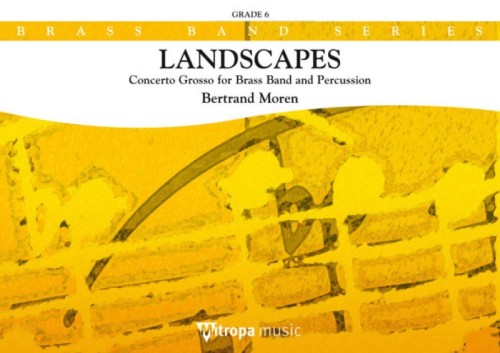 £119.99
£119.99Landscapes (Brass Band - Score and Parts) - Moren, Bertrand
Concerto Grosso for Brass Band and PercussionLandscapes is a work structured around two main ideas. On the one hand, the music freely paints some of the superb landscapes I've seen during several of my trips around the world. Listeners should, however, not be influenced by this programmatic framework and are encouraged to build their own 'mind pictures'. On the other hand, Landscapes constitutes a test piece for each section of the brass band. Indeed, each musical landscape highlights a particular register. A small group of soloists is given the opportunity to fully display its skills in dialogue with the rest of the band (the tutti), hence the name 'concerto grosso'. Landscapes also relies on the band's different soloist musicians when it comes to express highly complex, musically and technically challenging passages.
Estimated dispatch 7-14 working days
-
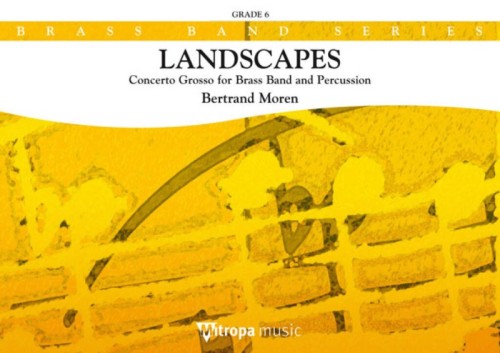 £44.99
£44.99Landscapes (Brass Band - Score only) - Moren, Bertrand
Concerto Grosso for Brass Band and PercussionLandscapes is a work structured around two main ideas. On the one hand, the music freely paints some of the superb landscapes I've seen during several of my trips around the world. Listeners should, however, not be influenced by this programmatic framework and are encouraged to build their own 'mind pictures'. On the other hand, Landscapes constitutes a test piece for each section of the brass band. Indeed, each musical landscape highlights a particular register. A small group of soloists is given the opportunity to fully display its skills in dialogue with the rest of the band (the tutti), hence the name 'concerto grosso'. Landscapes also relies on the band's different soloist musicians when it comes to express highly complex, musically and technically challenging passages.
Estimated dispatch 7-14 working days
-
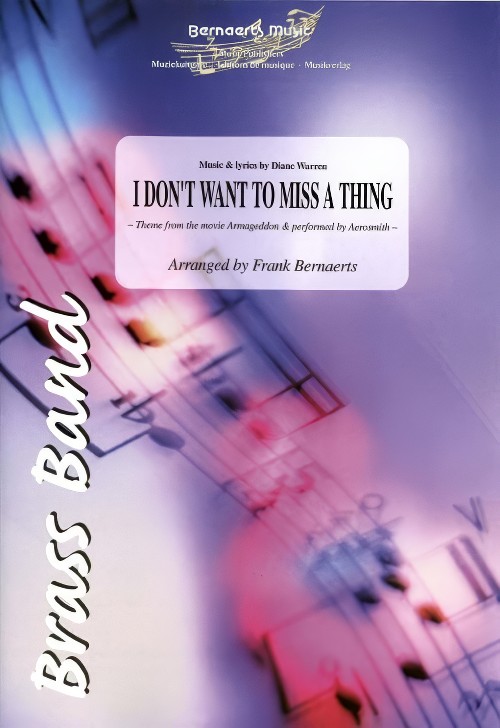 £54.99
£54.99I Don't Want to Miss a Thing (Brass Band - Score and Parts) - Warren, Diane - Bernaerts, Frank
Performed by Aerosmith. Theme from the movie "Armageddon". Duration: 04:15
Estimated dispatch 7-14 working days
-
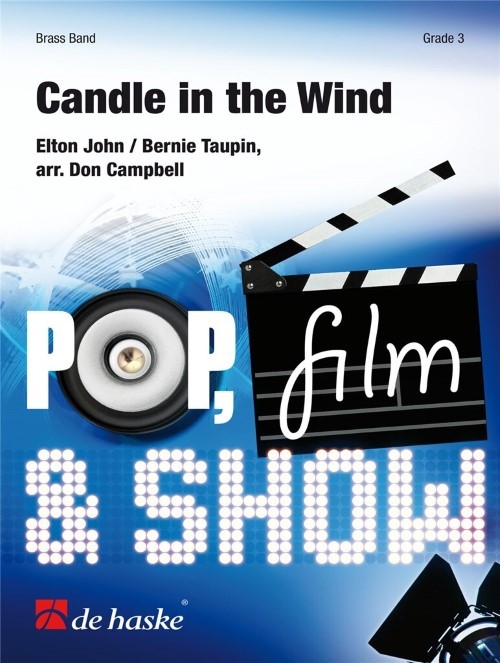 £59.99
£59.99Candle in the Wind (Brass Band - Score and Parts) - John & Taupin - Campbell, Don
Candle in the Wind, the song Elton John originally wrote and dedicated to Marilyn Monroe, achieved worldwide fame when a special version was played at the funeral of Princess Diana. This arrangement by Don Campbell retains all the beauty of the original and will fit into any concert programme.Duration: 2.45
Estimated dispatch 7-14 working days
-
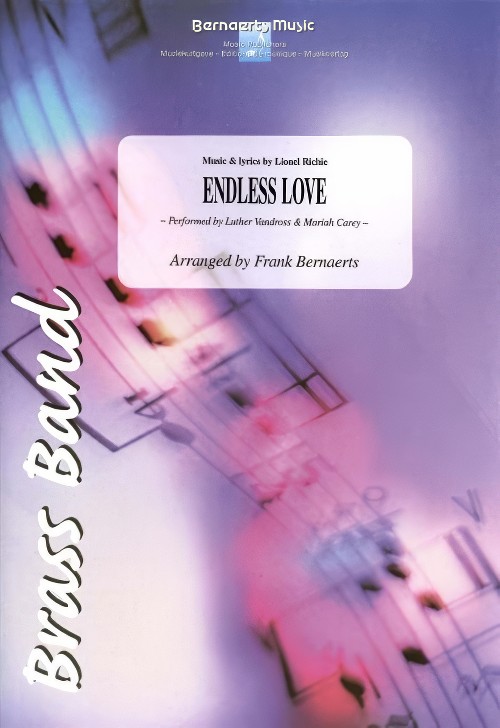 £53.99
£53.99Endless Love (Brass Band - Score and Parts) - Richie, Lionel - Bernaerts, Frank
Performed by Lionel Richie and Diana Ross as well as Luther Vandross and Mariah Carey. Duration: 05:15
Estimated dispatch 7-14 working days
-
 £54.99
£54.99The Little Musician (Brass Band - Score and Parts) - Ares, Rob
Comprising two sections (Tranquilo and Moderato) this flexible band piece is a great way of training your 'little musicians'. art of the Scherzando First Dialogue series this jaunty little piece will be popular with your players for many years to come.Duration: 4:30
Estimated dispatch 7-14 working days
-
 £54.20
£54.20COMING TO AMERICA (Brass Band) - Diamond, Neil - Fernie, Alan
Medium
Estimated dispatch 7-14 working days
-
 £37.95
£37.95LOVE ON THE ROCKS / AMERICA (Cornet/Brass Band) - Diamond, Neil - Sparke, Philip
Double number. Recorded on Polyphonic QPRL042D A Touch More Spice
Estimated dispatch 7-14 working days
-
 £42.95
£42.95PALLADIO (Brass Band) - Jenkins, Karl - Small, Tony
Palladio is probably the most widely recognised of Karl Jenkin's works. It was used for some time in television commercials for DeBeer's Diamonds, in a world-wide campaign. The work was inspired by the sixteenth century Italian architect Andrea Palladio, whose work embraces the renaissance of harmony and order, a philosophy reflecting Karl Jenkins' attitude to composition.
Estimated dispatch 7-14 working days
-
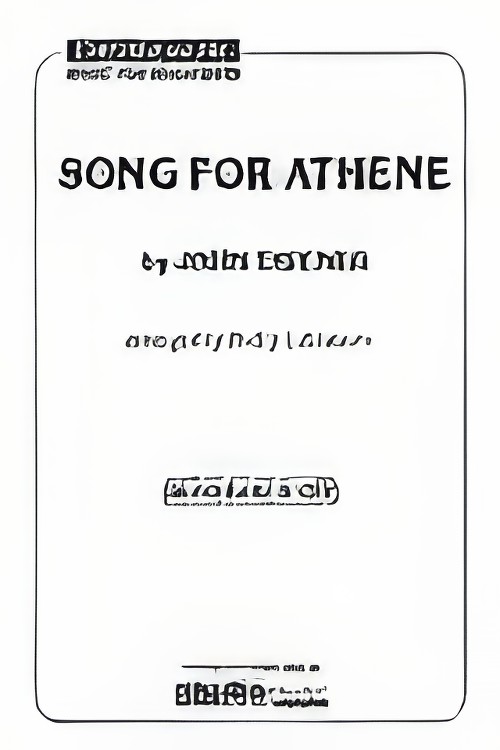 £42.95
£42.95SONG FOR ATHENE (Brass Band) - Tavener, John - Littlemore, Phillip
Song for Athene was written in memory of Athene Hariades and was performed at the funeral of Diana, Princess of Wales.
Estimated dispatch 7-14 working days
